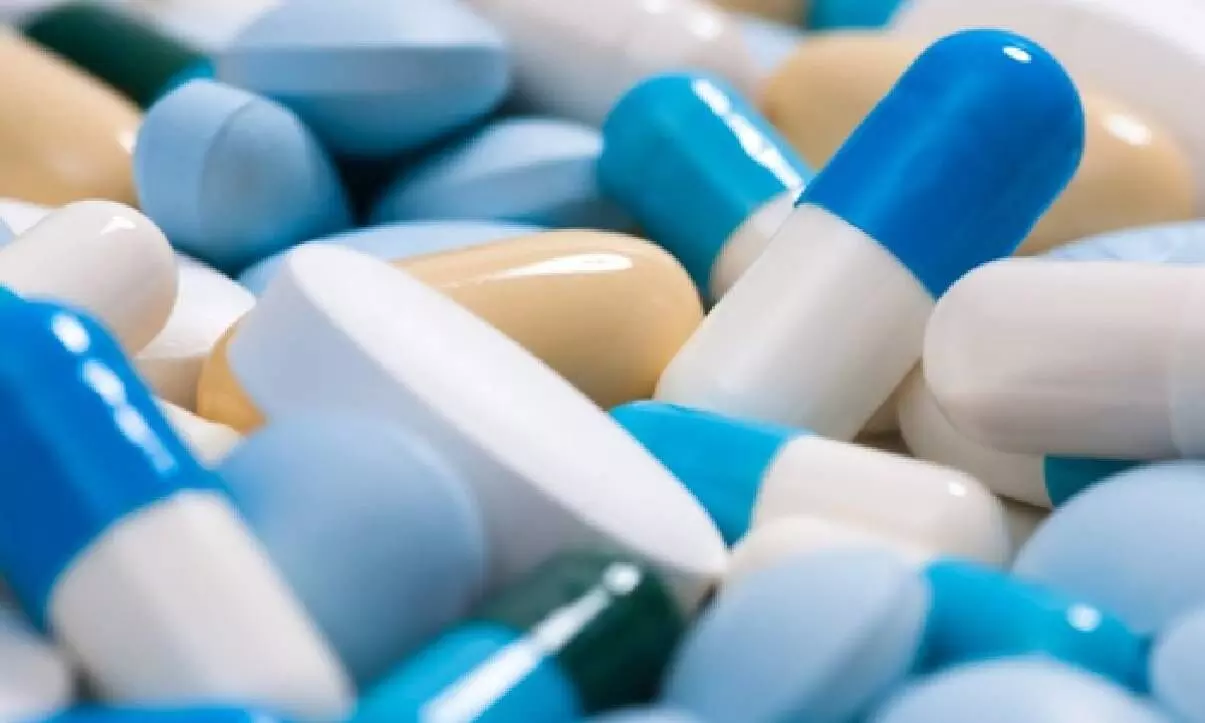New Covid-19 drugs may develop by targeting coronavirus ion channel: Study
Researchers have discovered the structures of open and closed states of the coronavirus ion channel, which could help the development of antiviral drugs to reduce inflammation, a new study has said.
image for illustrative purpose

San Francisco, Oct 14 Researchers have discovered the structures of open and closed states of the coronavirus ion channel, which could help the development of antiviral drugs to reduce inflammation, a new study has said.
According to the study published in the journal Science Advances, the genome of the SARS-CoV-2 virus encodes 29 proteins, one of which is an ion channel called 'E', which transports protons and calcium ions, induces infected cells to launch an inflammatory response that damages tissues and contributes to the symptoms of Covid-19.
“The E channel is an antiviral drug target. If you can stop the channel from sending calcium into the cytoplasm, then you have a way to reduce the cytotoxic effects of the virus,” said Mei Hong, senior author of the study and a chemistry professor at the Massachusetts Institute of Technology (MIT).
When SARS-CoV-2 infects cells, the E channel embeds itself inside the membrane that surrounds a cellular organelle called the ER-Golgi intermediate compartment (ERGIC).
The ERGIC interior has a high concentration of protons and calcium ions, which the E channel transports out of ERGIC and into the cell cytoplasm.
To study membrane-embedded proteins such as ion channels, the researchers have developed techniques that use nuclear magnetic resonance (NMR) spectroscopy to reveal the atomic-level structures of those proteins.
“By 2020, we had matured all the NMR technologies to solve the structure of this kind of alpha-helical bundles in the membrane, so we were able to solve the closed E structure in about six months,” Hong said.
Hong is presently creating compounds with researchers at the University of California, US, that can bind to the E channel and prevent ions from passing through it, in the hopes of developing antiviral medications that can lessen the inflammation caused by SARS-CoV-2.
She is also planning to investigate how mutations in subsequent variants of SARS-CoV-2 might affect the structure and function of the E channel.
“The E variant in Omicron is something we want to study next. We can make a mutant and see how disruption of that polar network changes the structural and dynamical aspect of this protein,” Hong stated.

